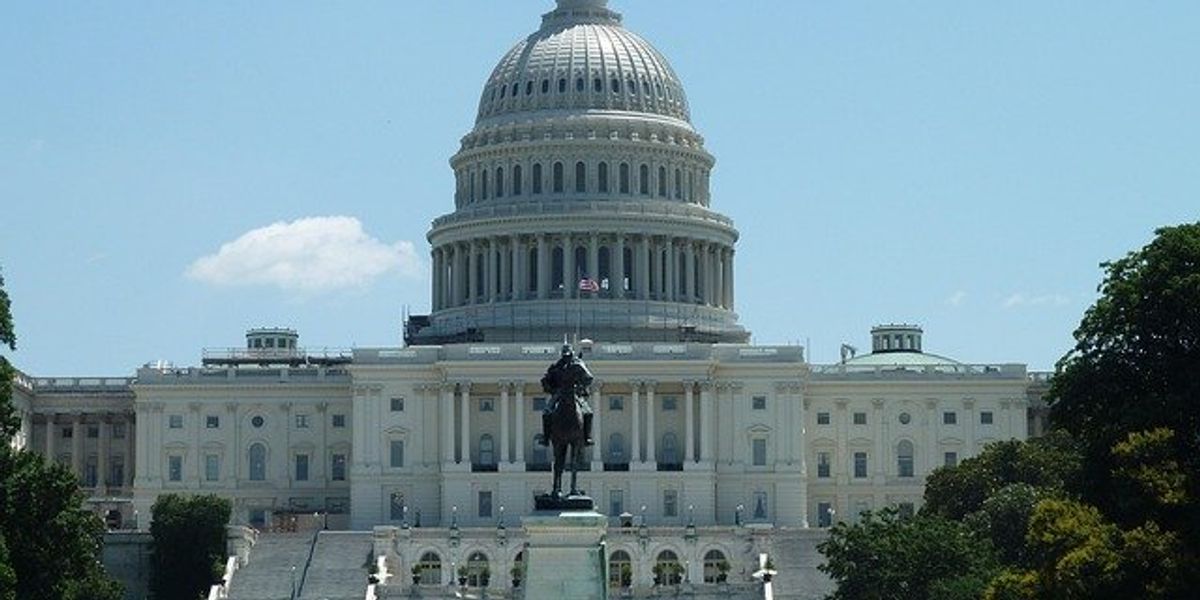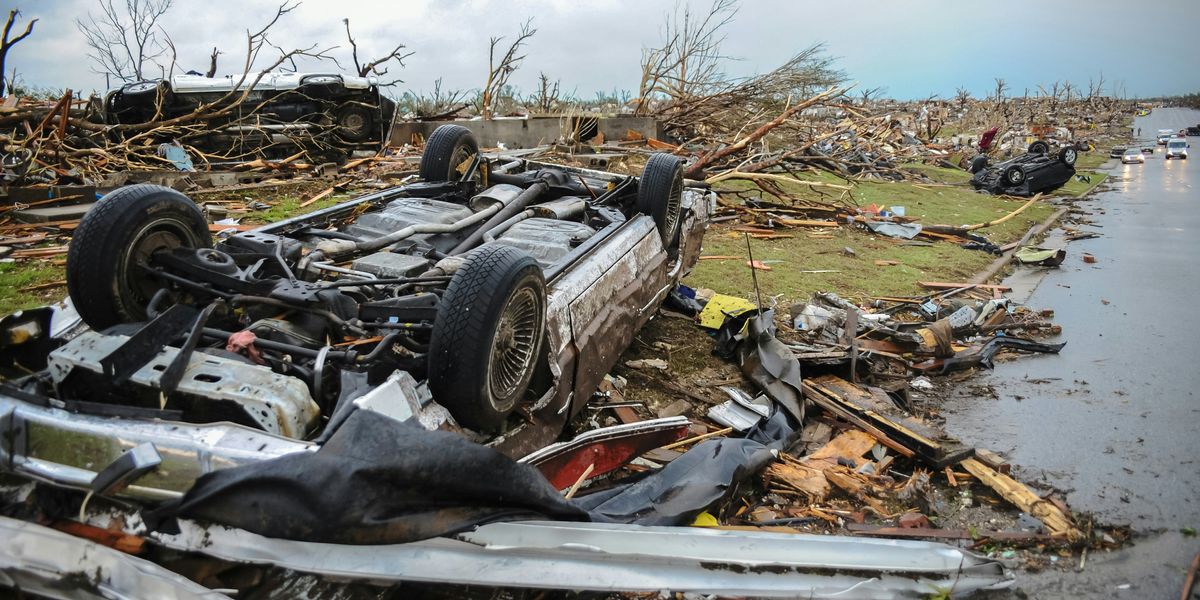
Trump administration backs weaker global banking climate rules, risking financial instability
A shift by the Basel Committee away from mandatory climate risk disclosures toward a voluntary, weather-focused approach has raised alarm among financial watchdogs and environmental advocates.
Aman Azhar reports for Inside Climate News.
In short:
- The Group of Central Bank Governors and Heads of Supervision has endorsed a voluntary approach to climate risk rules, emphasizing extreme weather over broader financial risks from climate change.
- Experts say the change undermines the Basel Committee’s Task Force on Climate-Related Financial Risks, reducing global momentum for standardized climate risk disclosure.
- U.S. regulators, influenced by the Trump administration, pushed for this shift, sparking concern about market fragmentation and increased vulnerability to climate-related financial shocks.
Key quote:
“We’re reducing transparency at a time when we need more of it.”
— Danielle Fugere, president of As You Sow
Why this matters:
Financial markets are increasingly exposed to climate risks, from physical impacts like hurricanes and wildfires to transitional shocks as economies shift away from fossil fuels. When banks underplay or ignore these risks, they leave investors, insurers, and the public uninformed about looming threats. The move by the Basel Committee to downgrade mandatory climate disclosures sends a troubling message: that short-term political pressure can override long-term stability. Without uniform, binding standards, banks may underestimate risks from stranded assets, emissions-heavy portfolios, or sudden regulatory changes. Meanwhile, other global players like the EU and China may step into the leadership vacuum, reshaping finance without U.S. input.
Related: World Bank tones down climate messaging as Trump allies threaten U.S. withdrawal













